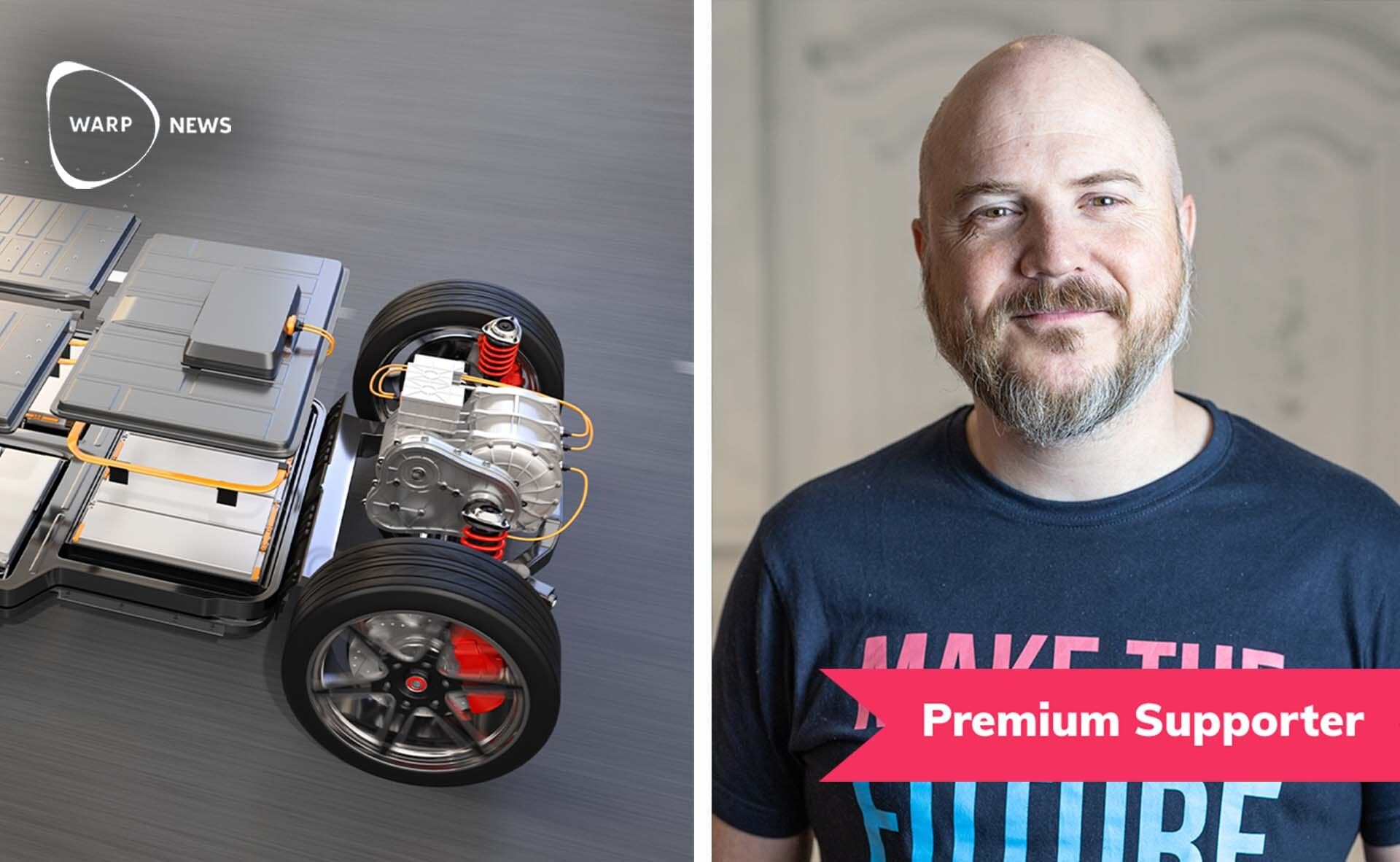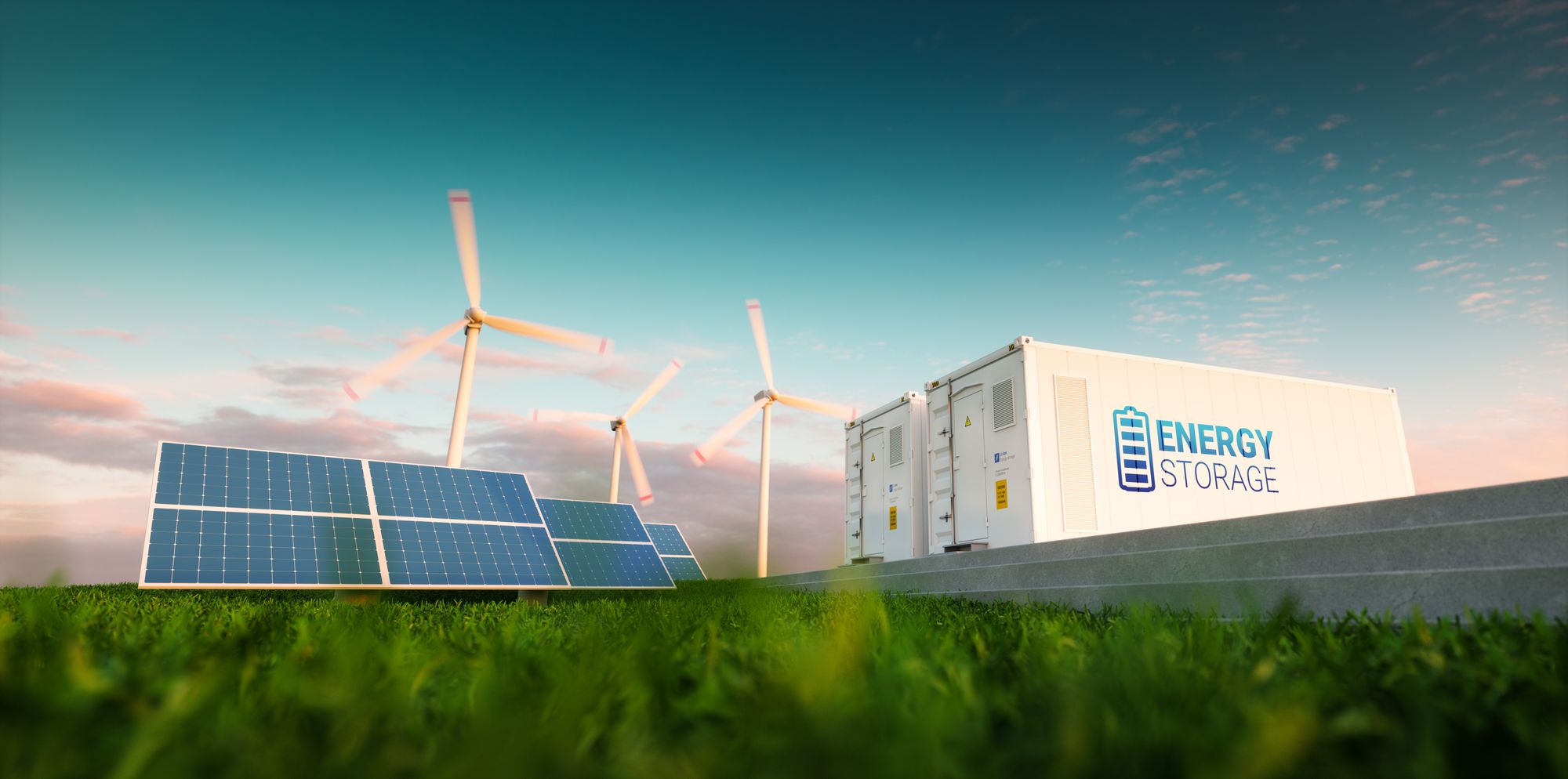☀ New solar cells will be 20 percent more efficient than today's panels
Solar panels built with a combination of silicon and the material perovskite are the most efficient panels to date.
Share this story!
The British company Oxford PV has designed a new solar cell that is significantly more efficient than today's solar panels. By laying a thin film of the material perovskite over an ordinary silicon-based solar cell, the researchers have succeeded in converting 29.52 percent of the solar energy into electricity . Ordinary silicon-based solar cells are normally around 15–20 percent efficiency.
Silicon-based solar cells are also considered to have a maximum effect of around 30 percent , but researchers at Oxford PV expect to be able to exceed that limit.
- Our solar cells will accelerate the transition to solar energy and help us tackle the worsening problems of climate change. We have a clear plan for how to develop this technology so that it exceeds 30 percent, says Frank P Averdung, CEO of Oxford PV in a press release.
Oxford PV's solar panels are so-called tandem panels . Silicon is used to absorb the long wavelengths while perovskite absorbs the short wavelengths. In this way, it is possible to get more electricity than if you only use one substance.
By using silicon-based solar panels as a base, Oxford PV expects to be able to quickly take its solar cells from today's prototype into a commercially available product. In 2022, the company expects to be able to sell panels for installation on rooftops. Those panels will then generate 20 percent more electricity than traditional solar panels.
By becoming a premium supporter, you help in the creation and sharing of fact-based optimistic news all over the world.


